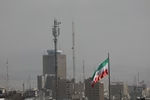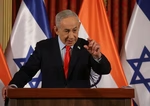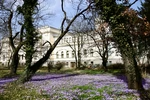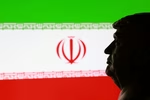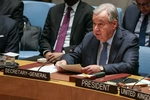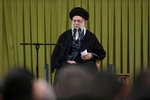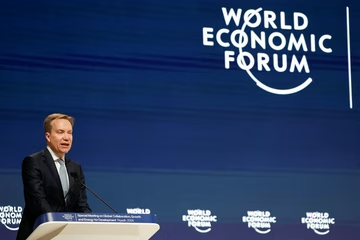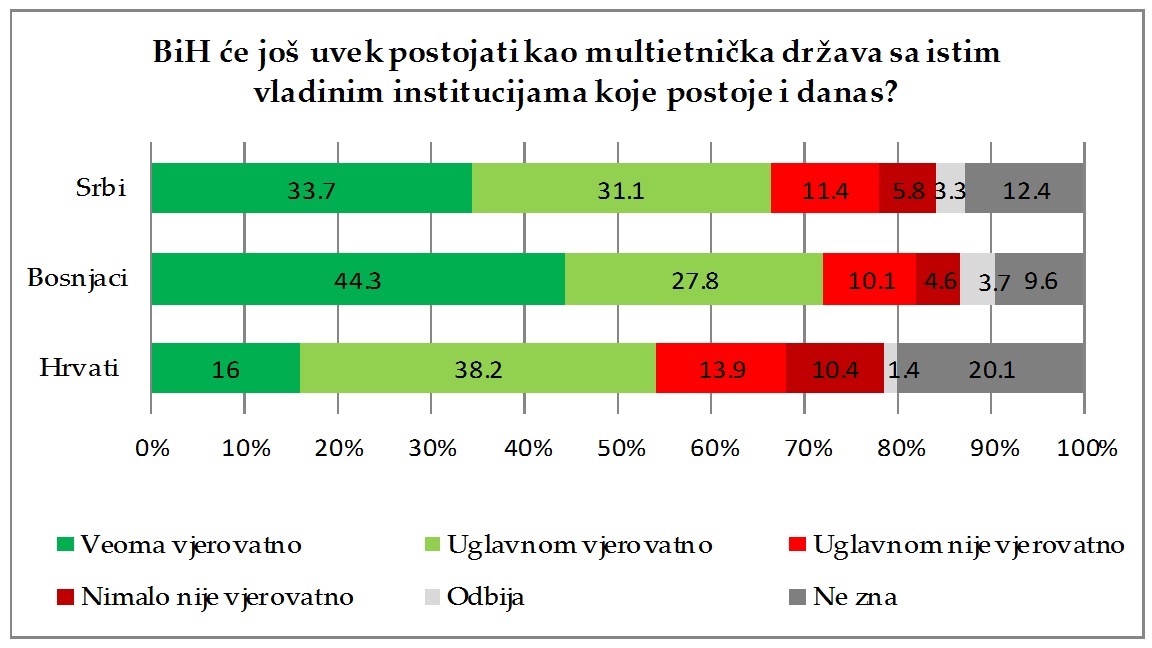
Most Bosnian citizens, be they Bosniaks, Serbs or Croats, believe the structure of the country will stay as it is and that neither the Serb nor the Croat-dominated areas will secede as many often predict, the results of a recently conducted poll say.
The PR and marketing agency Prime Communication conducted the research interviewing 1,000 people who are older than 18 and who were randomly chosen on their opinions and predictions on what the future of Bosnia could look like. The results have a 3% margin of error.
The political system in place in Bosnia and Herzegovina is a consociational democracy with a power sharing system between the three most numerous ethnic groups living in the country, the Bosniaks, the Croats and the Serbs.
It emerged from the 1995 Dayton Peace Agreement which ended the war in the country. The Annexe IV of this agreement is Bosnia’s Constitution.
The country is composed of two semi-autonomous territorial and political entities, the Serb-dominated Republika Srpska (RS), and the Federation of Bosnia and Herzegovina (FBiH), which is shared between Bosniaks and Croats.
The northern city of Brcko is a district that belongs to neither of the entities.
FBiH is further composed of ten cantons, five of which have a Croat majority, while the other five are mainly populated by Bosniaks.
Although the joint state government has nine ministries, the two entities have 16 of their own ministries each, while the canton governments in FBiH also have their own ministries.
The country also has a three-member Presidency, with each of its members representing one of the most numerous "constitutive" peoples.
When asked if Bosnia will remain a multiethnic state and with the same governmental composition as is in place now, 72 % of Bosniaks, 64,8 % of Serbs and 54,2 % of Croats said yes.
Bosnia will not stay as it is, according to 14,7 % of Bosniaks, 17,2 % of Serbs and 24,3 % of Croats.
The rest did not give an answer to this question.
Bosnia’s borders will most likely stay the same, but the internal entity structure will be changed is what 24,1 % of Bosniaks, 40,2 % of Serbs and 39,6 % of Croats believe, while 48,2 % of Bosniaks, 36,5 % of Serbs and 33,3 % of Croats disagree.
Not many in Bosnia think the RS will ever secede and unite with neighbouring Serbia – only 6% of the Bosniaks, 23% of Serbs and 3,5% of Croats do. On the other hand, 78,2 of Bosniaks, 55,6% of Serbs and 61% of Croats said this was less unlikely.
When asked if they agree with the statement that the areas predominantly populated by Croats will secede and join neighbouring Croatia, 3,2% of Bosniaks, 18,7% of Serbs and 6,3% of Croats said yes.
There are many more of those who believe otherwise, as 80,5% of Bosniaks, 58,6% of Serbs and 59,1% of Croats said it is unlikely.
Kakvo je tvoje mišljenje o ovome?
Učestvuj u diskusiji ili pročitaj komentare





 Srbija
Srbija
 Hrvatska
Hrvatska
 Slovenija
Slovenija












